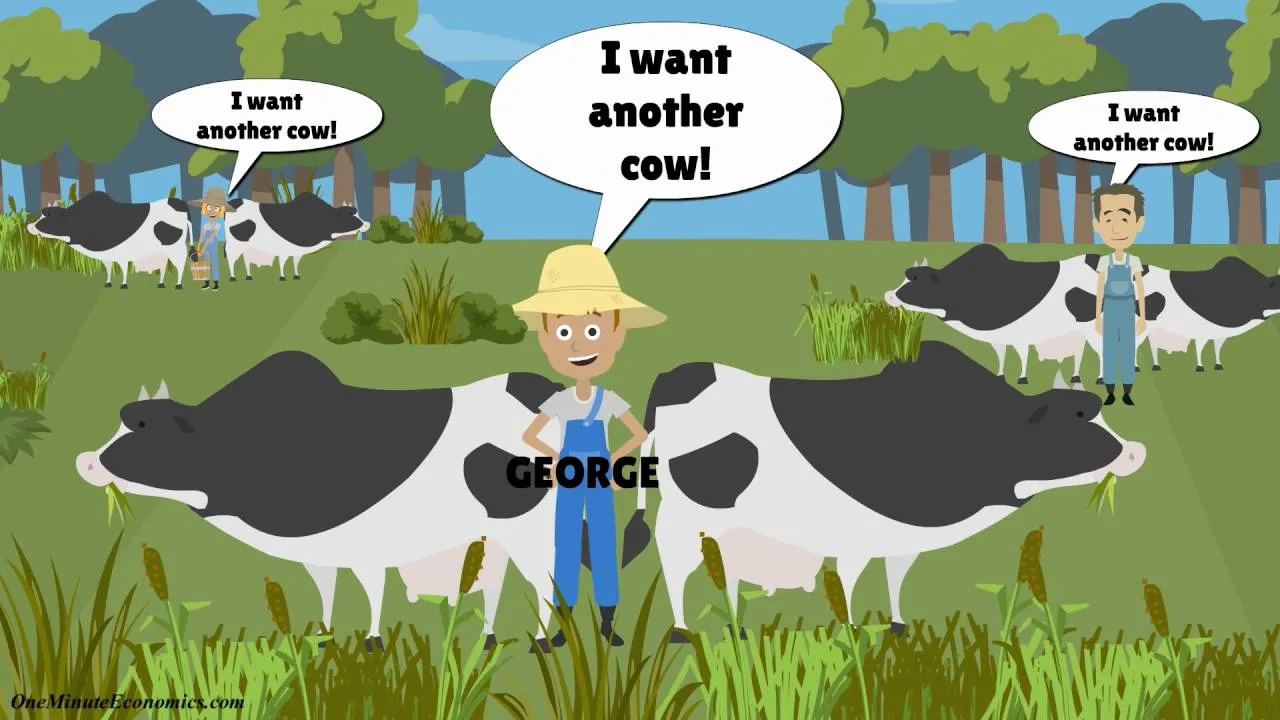
Let's assume we have a group of 100 people in a social media website like Steemit. There is a pool of rewards where all 100 people can benefit. Like most cases in life (and based loosely on the pareto principle) 1-20 people will certainly hold 80% of the total value, while the rest will try to benefit from the rewards. To gain rewards the content must be endorsed by as many people as possible or by knowing one of the top20 whales.
Politicians, actors and in general famous people are in that position because many people relate to them. In other words, they produce content that most people can relate to and so they are rewarded for their popularity. For one though to achieve such a level, one has to be as generic as possible. It is no mystery that politicians and actors talk mostly in generic rhetorics that can be interpreted differently from different kinds of people. This is also why words like "love", "god", "peace", "freedom" and the like always offer a bonus for those speaking them. One simply can't go wrong with generic phraseology because the crowd will do the job for you. Humans have a unique ability to take something generic and transform it into something personal. The more specific and unique one is with their statements and ideas the least acceptance that person will have. Even if someone becomes popular for a unique idea the market soon floods the concept to make it generic and popular. This is what I call a "Zero-Sum Erosion".
You might be wondering by now what relationship could the first paragraph have with the second. For any author in a social media platform that is based on rewards, endorsement from as many people is key for success. In other words, the top authors will be either the ones with direct connections to the capital (whales) or those who choose to write sensationalist generic posts that appeal to the crowd. This is true for any social media website either that is Facebook or Steemit. This is how things go "viral".
If the game of a social media website is dependent on a given pool — where people gain mostly either by being the initial holders or writing generic posts — then ultimately the posts will get generic and repetitive enough. This is what the system desires after all. These are the rules of the game that all parties decided to take part. Again, this is also true in all social media websites. A zero sum erosion where some benefit slowly while others are drained slowly. This also leads ultimately to a tragedy of the commons scenario and the collapse of the system.
There is really no other cure to this inevitable "social cancer" other than new people coming in, offering their own capital and hoping that somehow themselves or others in their close community will generate enough generic content and capital to sustain them.
In traditional social media websites like Facebook, all the rewards end up to the owners of the website and users are only left with emotional rewards for being part of the community. In places like Steemit, where monetary rewards are distributed throughout the network, the focus changes from emotional rewards to financial. Still, the same rules apply since the human capital is rather flexible. What changes is the nature of rewards.
Emotions cannot be quantified like money. Fame in social media also cannot be quantified unless one has a monetary model running in the background. When people engage in places like Facebook a viral video provides unlimited emotional rewards to every single person that watches it, for free. This offers (almost) an eternal backbone from the bottom feeders that recycle generic content for the sake of recycling.
In places like Steemit, the financial rewards are very visible for those who produce, whom they know and how they relate to the community. In other words, if emotions could be quantified like money the users would not at all be so excited and quickly bail out (rather than slowly like they do now with Facebook or like they did before with myspace and hi5).
I tried to simplify this game theory model as much as possible in order to help people better understand where reward based social media platforms are headed. I am still not sure how humanity will progress when it comes to socialisation through rewards or if rewards are even relevant to human socialisation given our primitive — almost automatic — human nature.
We demand community acceptance. The more the better. This leads to the eradication of individuality for the sake of rewards, whether those are emotional or financial. I believe based on this model one can calculate the demise of a social media website based on the amount of generic content generation. When repetition becomes inevitable, value drops to zero because no one has nothing new to offer. That signals the end of an era. There is no salvaging this situation other than providing a lottery system where the "commons" can hope (falsely or not) that one day can be alleviated from their unimportant position in the system.

Perhaps this is how and why most people can go on in real life. More or less same wage, bills and opportunities and once in awhile they are offered the opportunity to join the higher ups. Everybody hates the system yet everyone takes part of it because most of it decided part of it. An allegory of the Hunger Games if you like.
